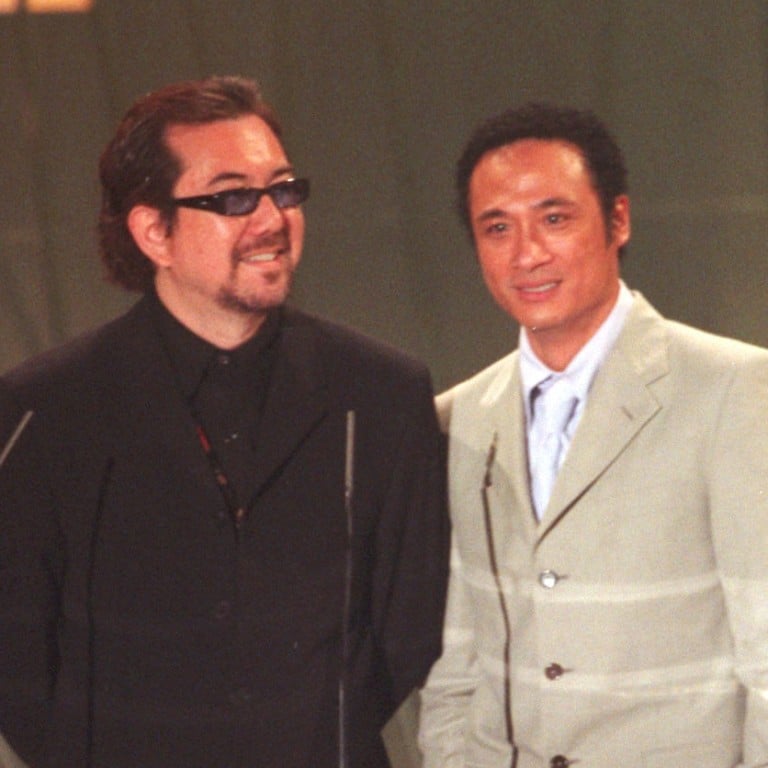
Hong Kong movie stars Francis Ng and Anthony Wong and their careers in the 1990s: comedy, crime and character acting
- Francis Ng and Anthony Wong are established film stars today, famed for their character acting, comedic skills and unconventional styles
- Back in the 1990s, when they gained popularity at the end of the ‘hero’ movie era, they put their own stamp on the often villainous characters they played
Francis Ng Chun-yu and Anthony Wong Chau-sang are established veterans of Hong Kong cinema. But back in the mid-1990s when they both came to prominence, Wong and Ng were a breath of fresh air.
The “hero” era of Hong Kong cinema, personified by alpha males like Chow Yun-fat, had run out of steam, and audiences were drawn to the pair’s eccentric qualities; they were not all-powerful supermen, but local “characters” with foibles, troubles and imperfections.
Both Ng and Wong generally played villainous roles, and explored the darker side of humanity. But both also had a talent for comedy that sometimes surfaced in unexpected places.
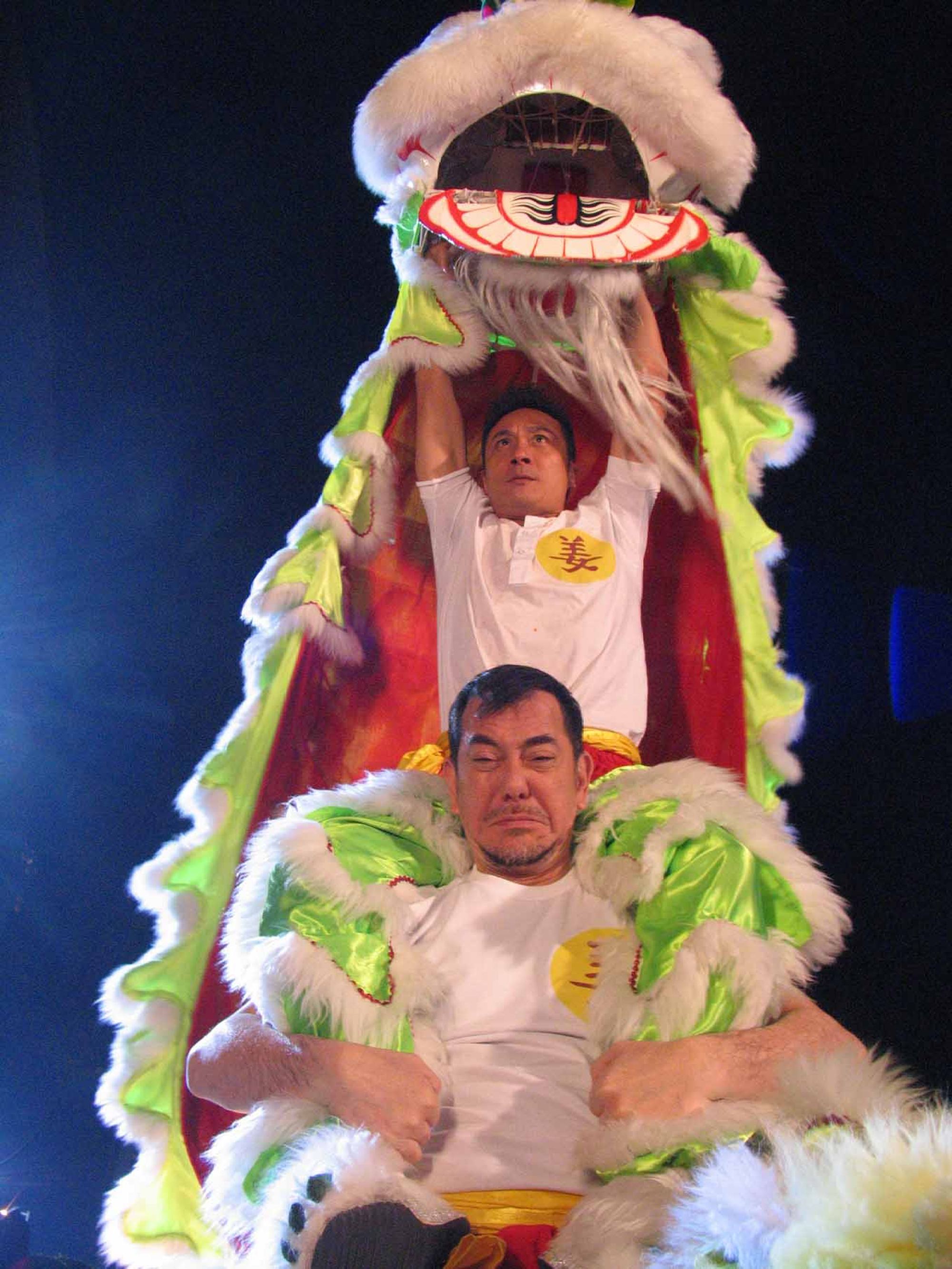
“I started as a TV actor in farcical sitcoms,” Ng told the Far East Film Festival. “When they wanted someone to play the bad guy, I did it. But I always like to keep a comedy element in my performances.”
The 2 sides of Hong Kong director Johnnie To shown in 2 great movies
Wong, by contrast, was cool and calculated, and maintained total control of his monstrous creations. A highly trained performer, he brought the careful discipline of stage acting to his roles, no matter how outré the final results seemed.
Back then, both actors usually played supporting roles – they were rarely centre stage. As character actors they achieved unprecedented levels of popularity.
Directors sometimes found the two difficult to work with as they weren’t afraid to argue on set, although some appreciated their candid comments.
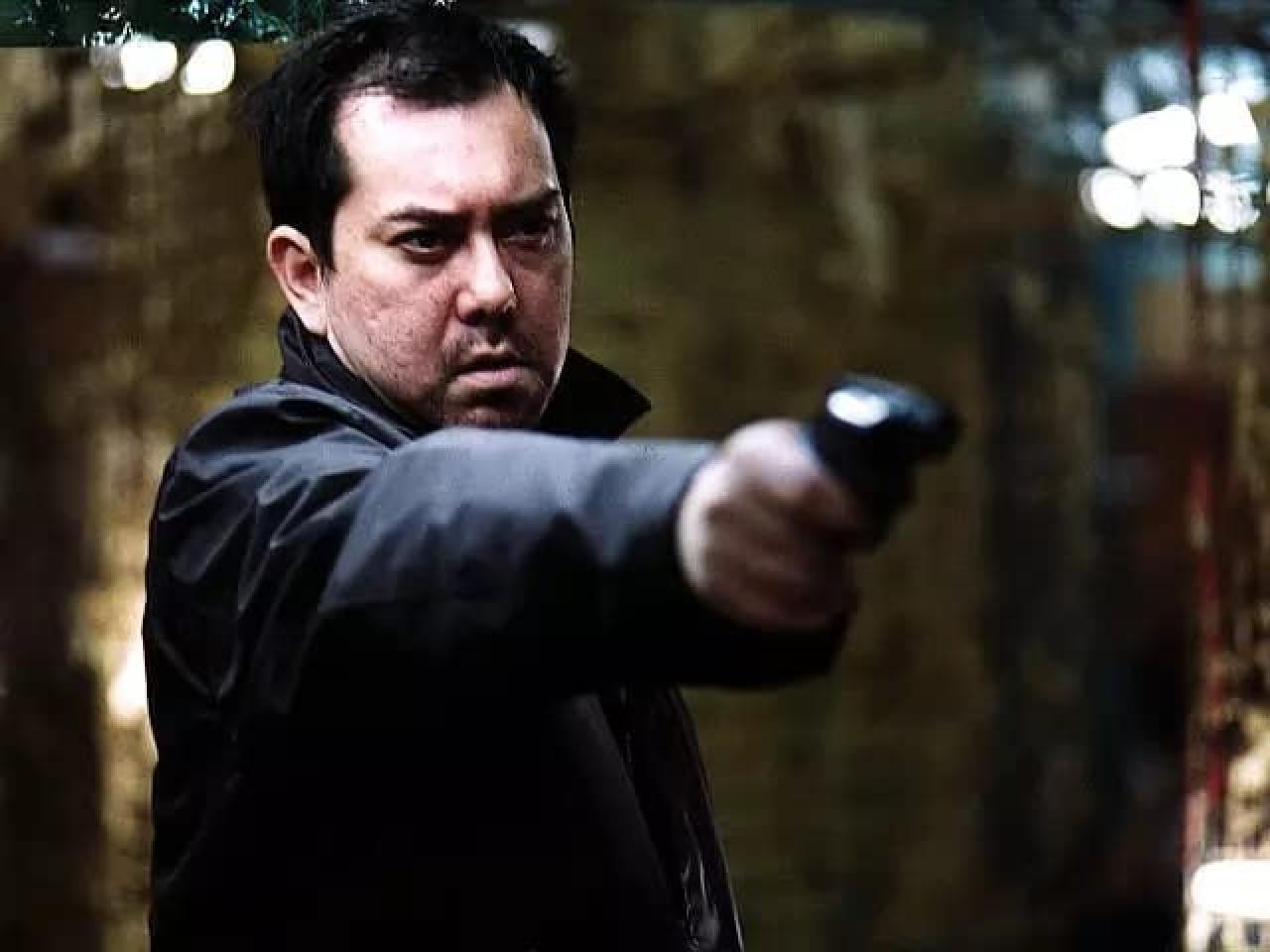
“I love these guys. It’s hard to find better actors than them,” director Gordon Chan Kar-seung told the Hong Kong Film Festival in 2000. “Some people call them ‘problem kids’, meaning that they ask too many questions. But I think the questions they ask and the issues they raise are entirely relevant.”
Francis Ng: born to be wild
“With me, you never know what you’re getting!” he told the Far East Film Festival.
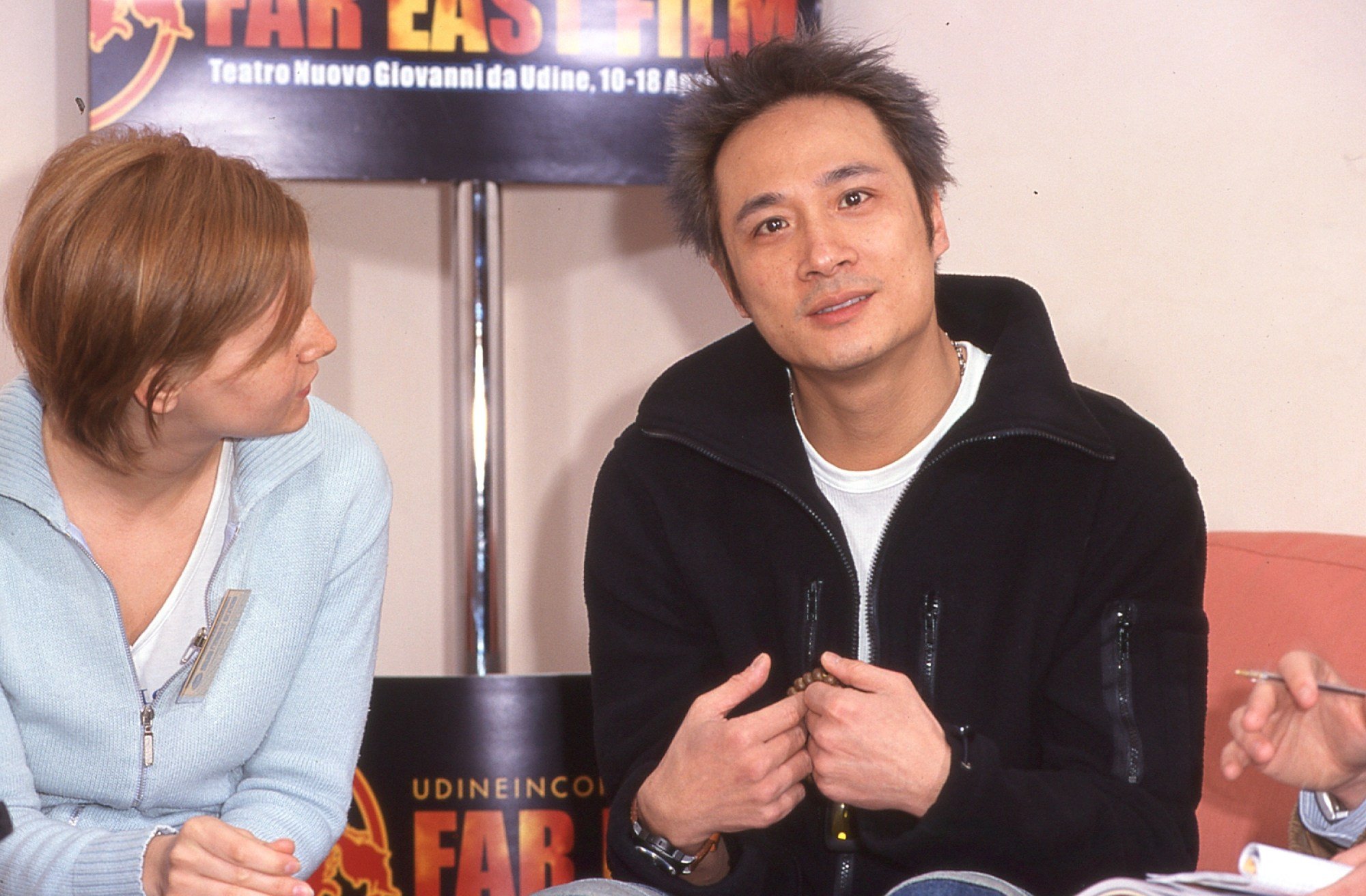
Ng is also a master of expressing himself through facial expressions, a trait that was used to great effect in the parodic Once Upon a Time in Triad Society (1996).
He began his career in 1984, when he entered Hong Kong broadcaster TVB’s actor training school, having failed the audition a few times.
“You think you will end up like Chow Yun-fat and be a big star. Then you realise after watching some tapes that Chow also had to spend many years playing extras and minor roles before he got where he did,” he told the Post in 1997.
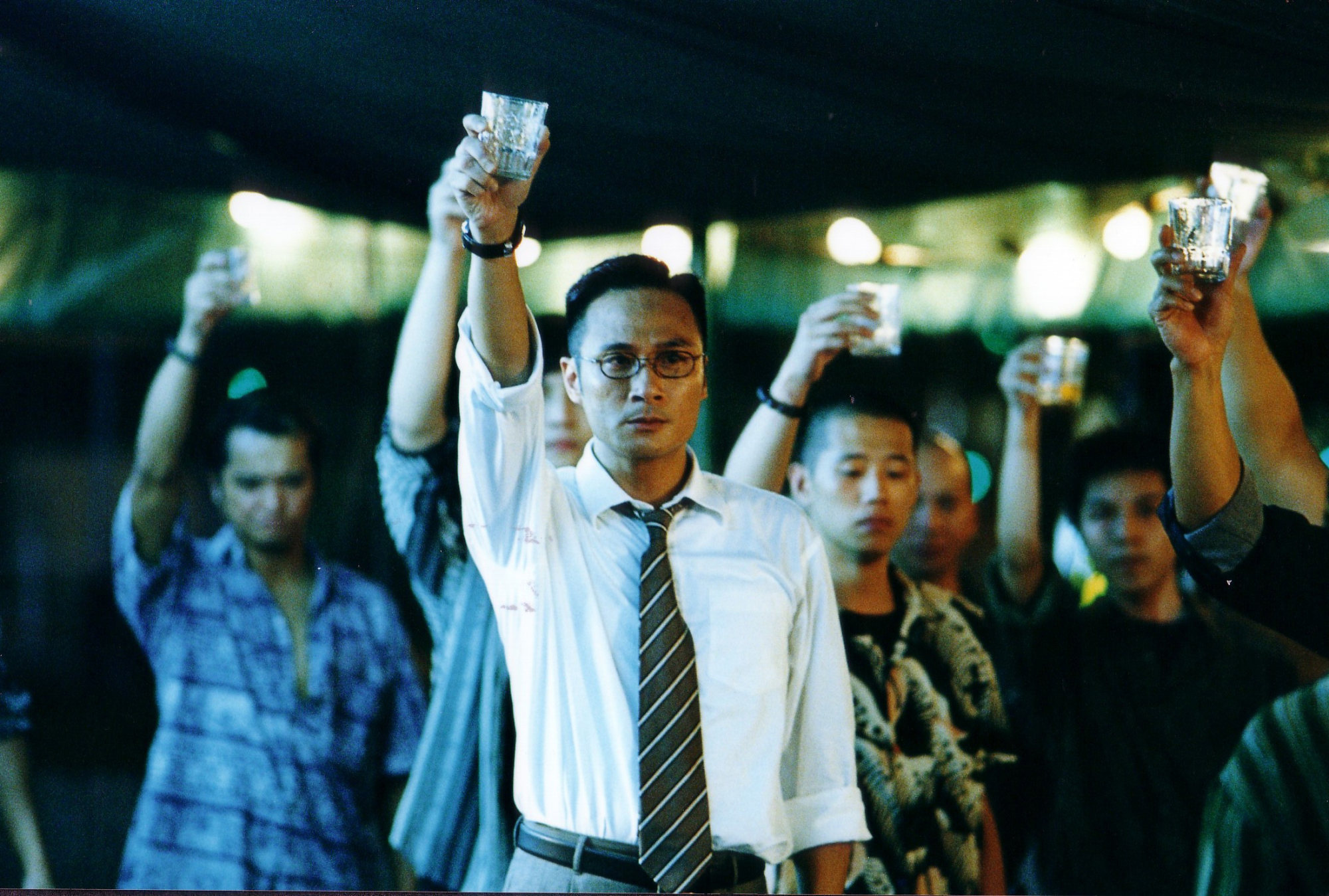
Ng did just that, until he got noticed in Chan Chee-yuen’s exploitative crime drama Legal Innocence. He continued to take minor roles until his career took off when he played the garish gang boss Ugly Kwan in Young and Dangerous.
Ng told the Post that he credited his rise in the mid-1990s to the changing tastes of local audiences at the end of the decade’s martial arts boom.
“No more kung fu films!” he said in 1997. “I missed out on many roles because I didn’t know how to fight. Then came the slapstick comedies. The scripts didn’t call for acting, all they needed was a weird comical face.”
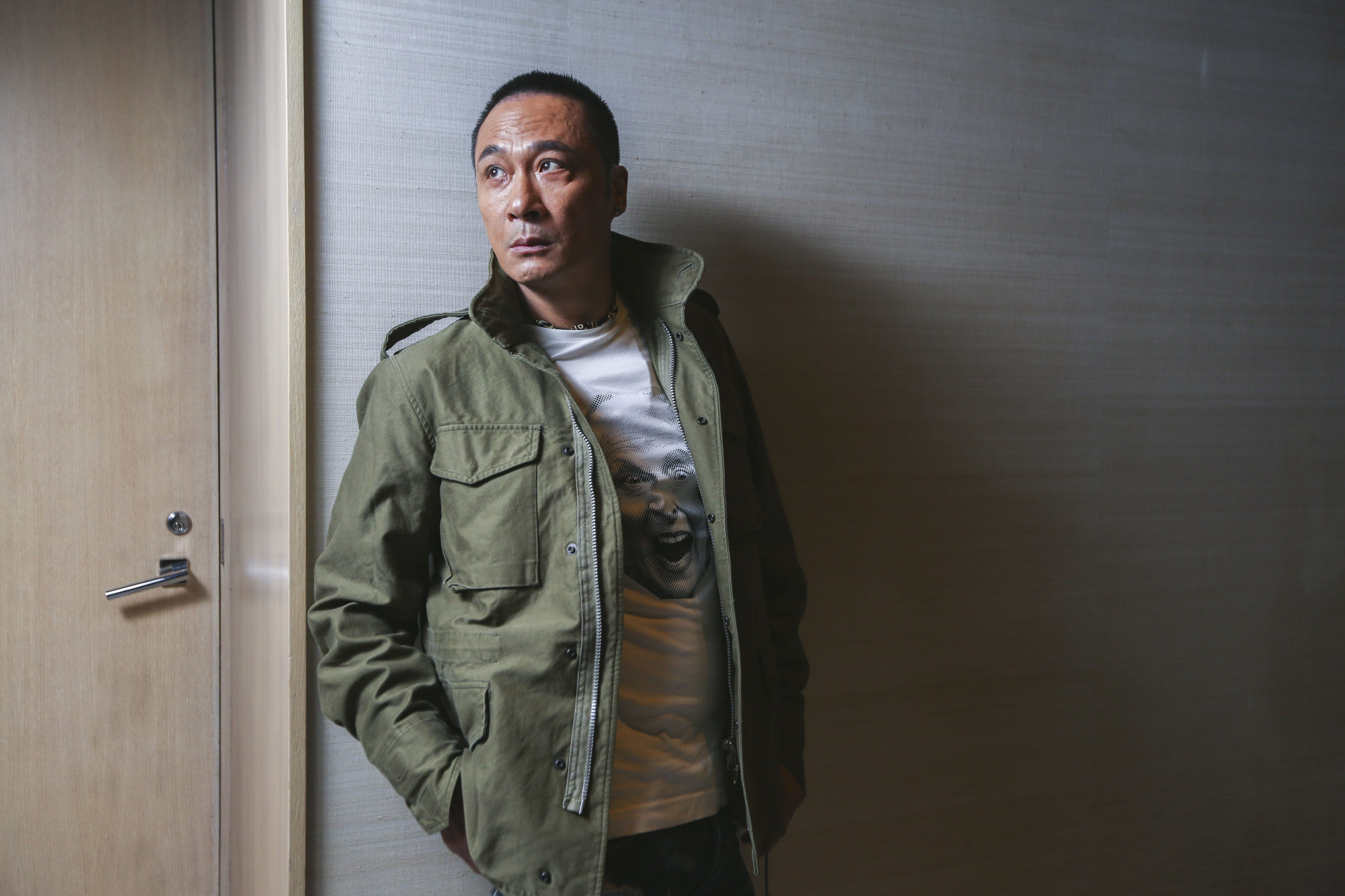
“You really couldn’t fit us dramatic actors into the scene. But now, with the slump, and people looking for stronger stories and drama, it seems our time has come,” he said.
Anthony Wong: mad, bad, and dangerous to know
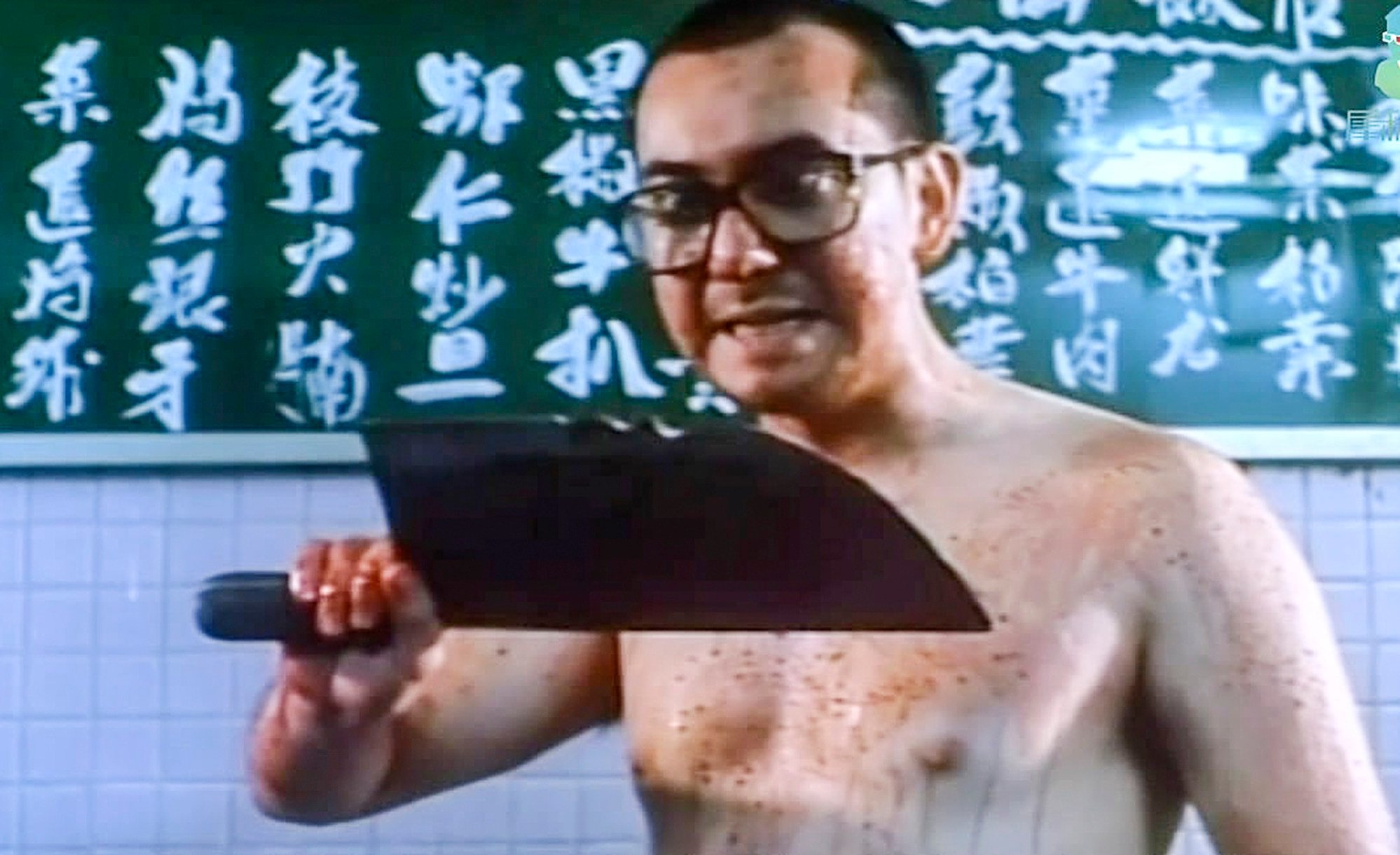
The gruesome adults-only film, which includes graphic portrayals of infanticide, is vile. But Wong did something different with his role, dispensing with the usual villainous stereotypes that populated Hong Kong films to play the “pork bun killer” seriously without a hint of camp.
Wong won best actor at the Hong Kong Film Awards for the role, something that surprised even him. He has accepted that The Untold Story was a turning point in his career, but has said he hates the movie “on moral grounds”.
Actor Anthony Wong on a favourite play, censorship and staying in Hong Kong
Wong essays his role well in Hard Boiled, but it’s a straightforward and restrained performance devoid of the quirkiness that would later contribute to his fame. Wong did not like working with Woo, he said, noting that he was not adept at understanding the needs of an actor on set.
Like Ng, he also enjoyed comedy, and had appeared as a character called “Dunno” – as in “don’t know” – in Now You See Love, Now You Don’t, directed by Alex Law Kai-yui and Mabel Cheung Yuen-ting. Wong plays a clueless sidekick, and performs well as a downbeat funny man.
The actor would have been happy to follow comedy if the roles had continued to come to him. But after The Untold Story, he was only offered villainous parts.
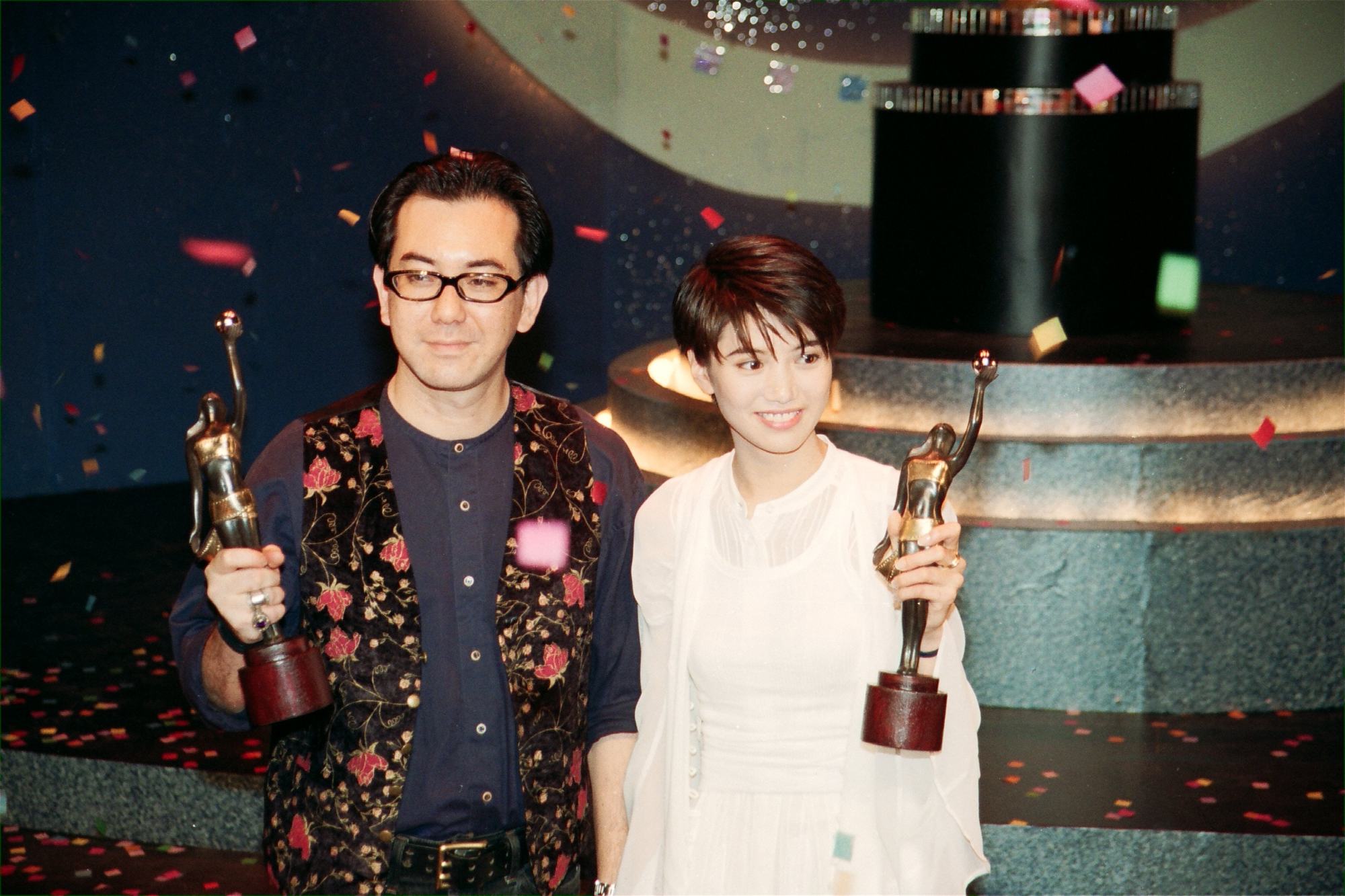
Wong has always taken his acting seriously, and that has informed his performances. He studied screen acting at the ATV acting school, and stage acting at the Hong Kong Academy of Performing Arts. He also took acting lessons in the UK.
“I’m more of the English [stage acting] school than the method acting school,” he told the Hong Kong International Film Festival. “Method acting is more concerned with psychoanalysis and it can be depressing. It’s like watching a mad man act.”
“In The Untold Story I used the method to throw up – I ate so much it made me puke,” he said. “But that kind of thing can really damage you. The English school is more about the control of timing and outward appearance. It’s very beautiful.”
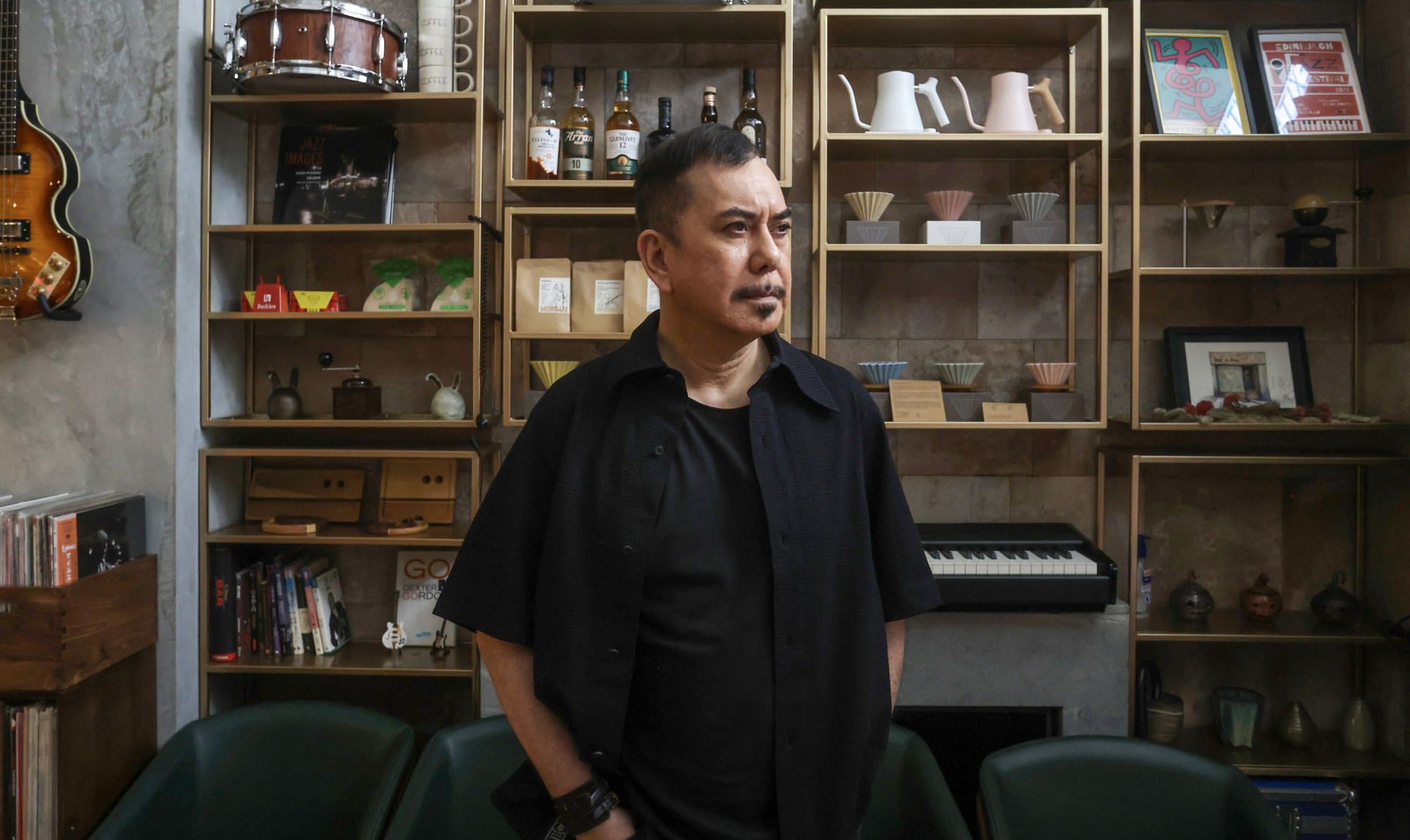
In this regular feature series on the best of Hong Kong cinema, we examine the legacy of classic films, re-evaluate the careers of its greatest stars, and revisit some of the lesser-known aspects of the beloved industry.
